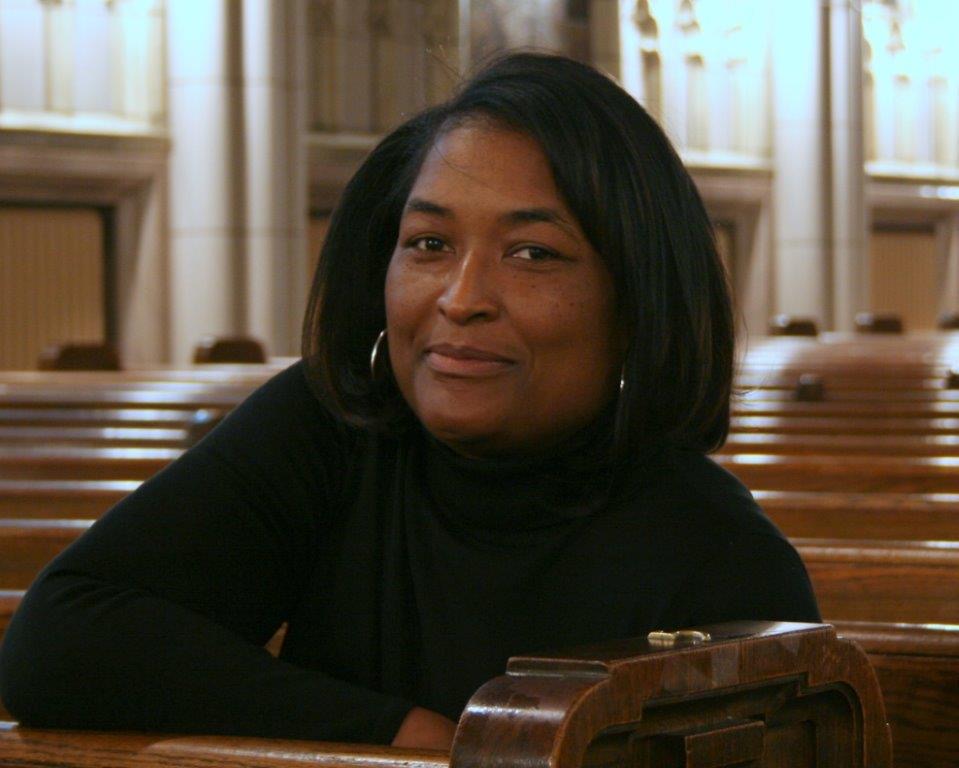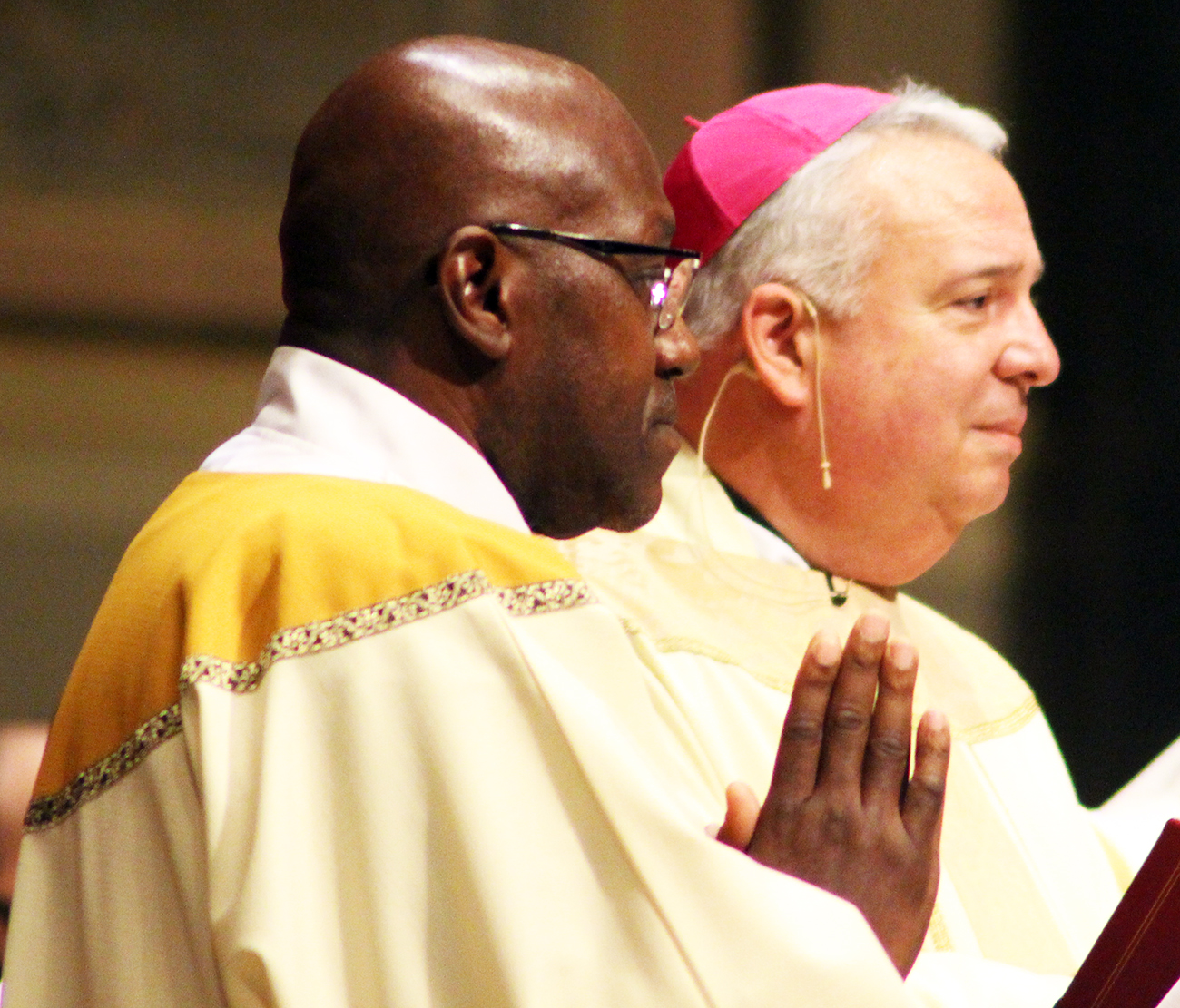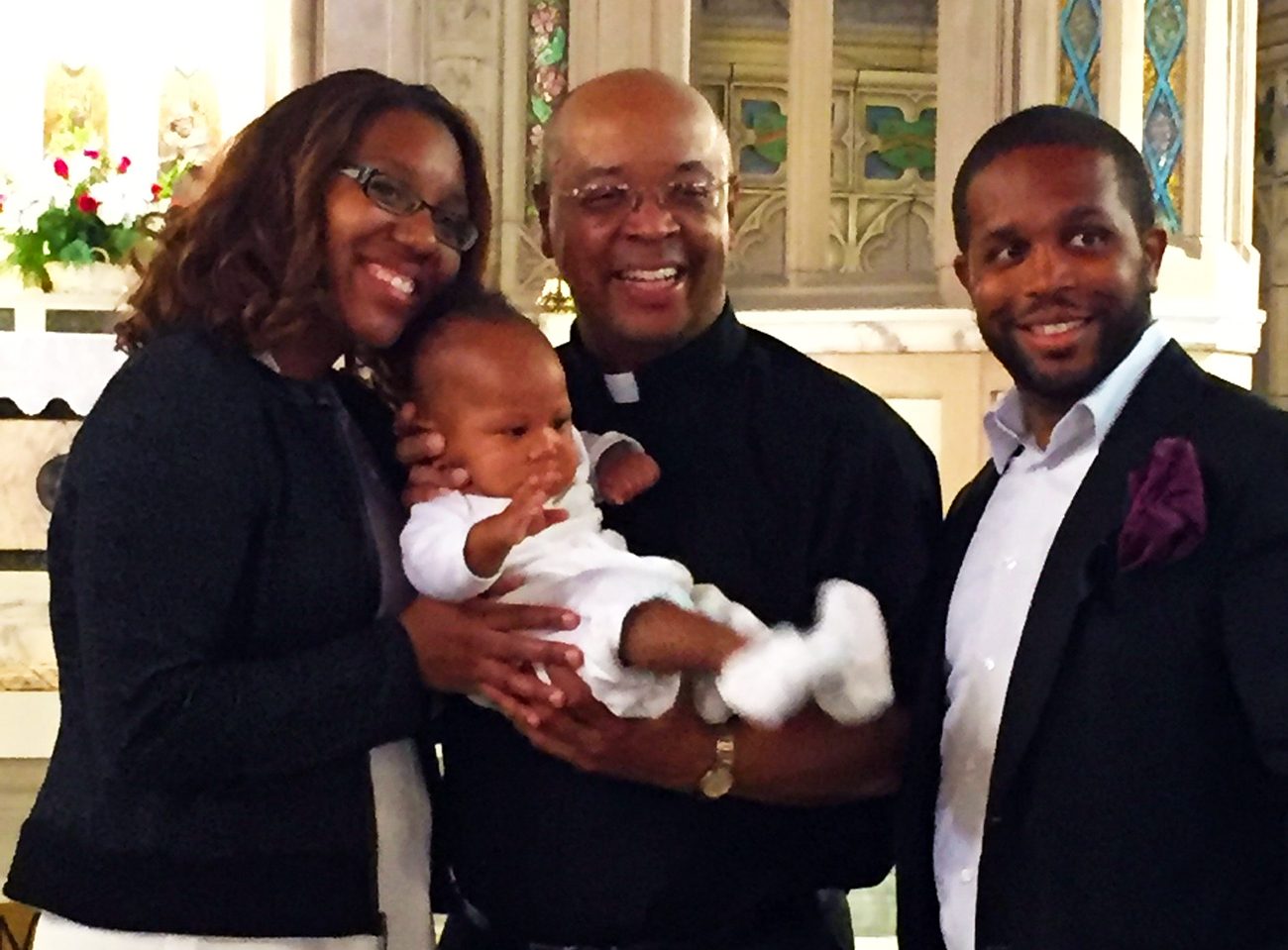The appointment of the first African American cardinal is a profound affirmation of Black Catholic spirituality, said local faithful.
During a Nov. 28 consistory at St. Peter’s Basilica in Rome, Pope Francis created 13 new cardinals, among them Cardinal Wilton D. Gregory of Washington. As part of his elevation, Cardinal Gregory was also given a titular church in Rome, Immaculate Conception Parish, thereby making him a formal member of the Roman diocesan clergy.
[hotblock]
The Chicago native has a long history of church leadership, having served 11 years as bishop of the Diocese of Belleville – and three as president of the U.S. Conference of Catholic Bishops (USCCB) — before his installation as Archbishop of Atlanta in 2005. Last April, Pope Francis appointed him as Archbishop of Washington.
With a doctorate in sacred liturgy and nine honorary doctorates, Cardinal Gregory has published widely on a number of subjects, among them liturgy in the African American community, gun violence, the death penalty, euthanasia and physician-assisted suicide.
But his inclusion in the College of Cardinals may be his most powerful declaration yet.
“(It) is a clear statement that the church is the home of Black Catholics,” said Father Stephen Thorne, pastor of St. Martin de Porres Parish in North Philadelphia.

Composer and pianist Tonya Taylor-Dorsey, director of the Philadelphia Catholic Gospel Mass Choir, described Cardinal Wilton Gregory’s childhood conversion to Catholicism as inspirational. (Photo by Rick Cothran / Courtesy of Tonya Taylor-Dorsey)
“As a man of color, I’m extremely happy,” said permanent Deacon Anthony Willoughby, parish social minister at St. Ignatius of Loyola Parish in Philadelphia. “It shows the wisdom of the church and of Pope Francis; they realize that we do contribute to the life of the church.”
Such a recognition was “overdue,” he said, a sentiment echoed by Donald Carter and his young adult son Donovan of St. Athanasius Parish in Philadelphia.
“It raises the question of why this has taken so long to occur,” said Donald Carter, while Donovan said he “had a hard time believing that (Cardinal Gregory) is the only African American individual suitable for this job.”
Nonetheless, both father and son said they were proud and excited to see the appointment, with the elder Carter praying that “it will not take another year like 2020 and its illumination of race-related problems” to honor more “dedicated, faithful African American clergy.”
Deacon Willoughby said the selection in fact marked a moment of “healing” for a church reckoning with both sexual abuse scandals and racism.
Father Thorne agreed, saying he hoped “all Catholics will appreciate the spiritual gifts that African Americans offer,” and that the cardinal’s appointment in turn “will inspire more African Americans to consider joining the Catholic Church.”
In particular, he described Cardinal Gregory – whom he met in 1987 at the National Black Catholic Congress – as a “role model” for African American priests.
Several lay faithful regard Cardinal Gregory, who converted to Catholicism while in grade-school, as an exemplar for those wishing to enter the Catholic Church.
“The fact that he is African American and a convert is outstanding,” said composer Tonya Taylor Dorsey, director of the Philadelphia Catholic Gospel Mass Choir and herself an adult convert to the faith.

Permanent Deacon Anthony Willoughby assists Archbishop Nelson Pérez at the Nov. 7 St. Martin de Porres Mass at the Cathedral Basilica of SS. Peter and Paul. The selection of the first African American cardinal marks a chance for healing in the church, said Deacon Willoughby. (Gina Christian)
“So when I learned that Cardinal Gregory was a convert, my title of ‘convert’ was now associated with a cardinal,” she said. “How cool is that?”
Tolton Ambassador Madeline Tymes was delighted but unsurprised by the selection of the cardinal.
“When I met him at the National Black Catholic Congress, I said to him, ‘You will be our first Black cardinal here in the United States,’” she recalled. “He looked at me and smiled, and kept on his journey.”
An African American cardinal “can only help with vocations,” said James Andrews, director of the archdiocesan Office for Black Catholics.
“We as Black Catholics now understand clearly that there are significant places in the Catholic Church for everyone,” Andrews said.
Cynthia Brown, a Tolton Ambassador and member of the Serra Club (a lay Catholic organization that promotes vocations), said Cardinal Gregory “will hopefully help other young men of color to stop, look and listen to word of God.”
In so doing, Black youth can more effectively “heed the call” to religious life, said Brown, who also serves on the development committee for the archdiocesan Office for Vocations to the Diocesan Priesthood.
Ultimately, she said, “all of God’s children will benefit from this magnificent occasion,” since Cardinal Gregory’s appointment “exemplifies the universality of the Catholic Church.”

Msgr. Federico Britto, pastor of St. Cyprian and parochial administrator at St. Ignatius in Philadelphia, delivers a homily at a 2020 prayer service in honor of Dr. Martin Luther King Jr. Msgr. Britto described the elevation of Cardinal Wilton Gregory as “a moment to celebrate.” (Sarah Webb)
“We’re talking so much today about diversity, equality and inclusion, and Pope Francis is making sure the College of Cardinals reflects just that,” said Msgr. Federico Britto, pastor of St. Cyprian Parish and parochial administrator of St. Ignatius of Loyola in Philadelphia.
At the same time, said Msgr. Britto, the pioneering Cardinal Gregory remains focused on his mission of service.
“He’s a very, very nice person; a good priest and bishop,” said Msgr. Britto. “It’s not about him; it’s about the church, which is more diverse than it ever has been in terms of people, worship and culture.”
Amid a season of pandemic, political divisions and protests, the elevation of Cardinal Gregory is “a moment to celebrate,” he said.
“It’s a great time for our church,” said Msgr. Britto.
PREVIOUS: Knights’ mission to serve parish thrives during pandemic
NEXT: Priest communicator for Ukrainian Catholic Archeparchy of Philadelphia dies




Share this story